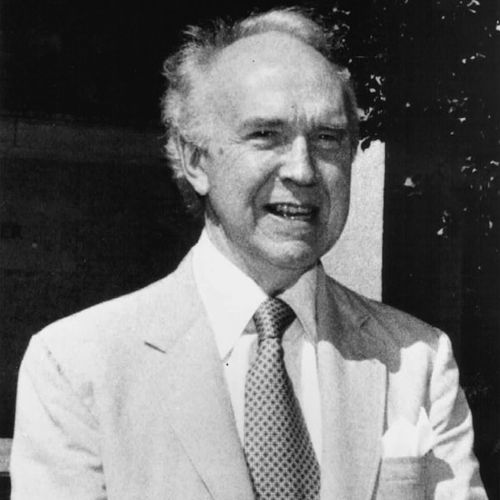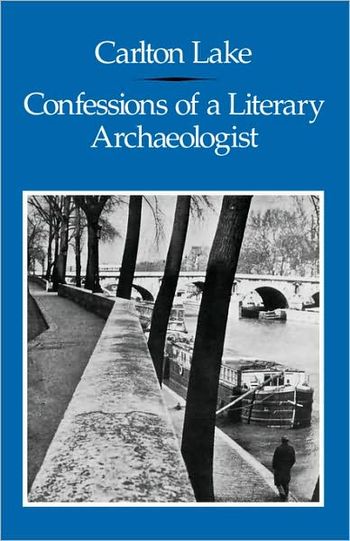Carlton Lake
Carlton Lake was the Paris art critic for The Christian Science Monitor. He also contributed to a number of American and European periodicals including The New Yorker and The Atlantic Monthly—in which appeared, along with his short stories, essays, and conversations with such artists as Matisse, Picasso, Chagall, Henry Moore, and Giacometti. A renown collector of modern French art, literature, and music, Lake donated his collection to the Harold Ransom Center at the University of Austin (where he once held the position of director)—it can still be viewed there today.

